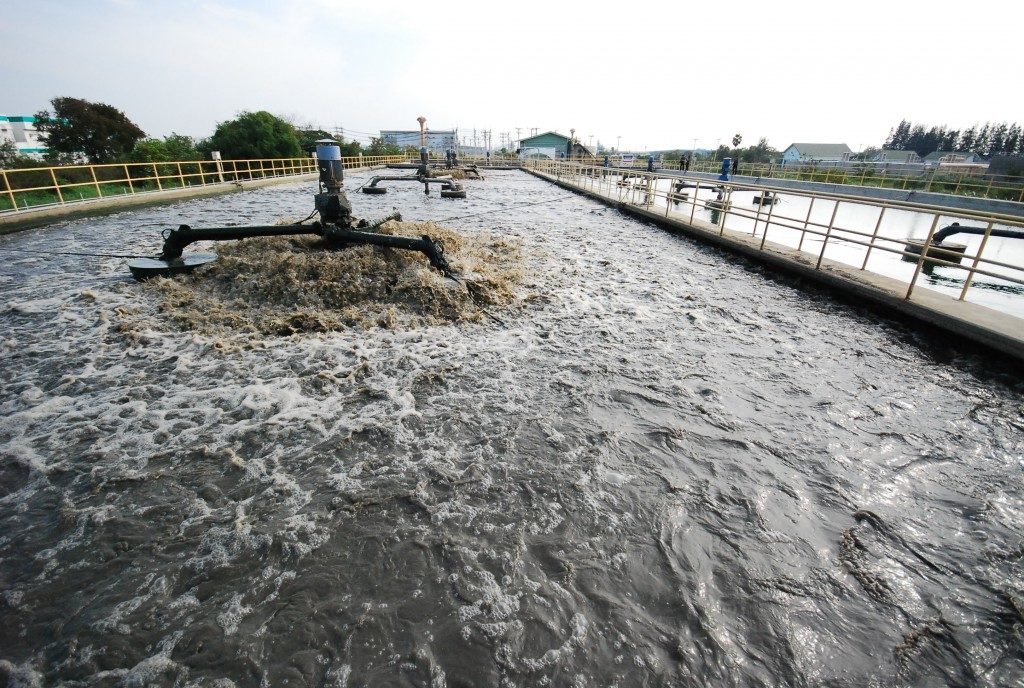Studies show that 22% of U.S. adults relocated due to the coronavirus crisis, or know somebody who has. Many of them left their previous homes due to living in neighborhoods they perceived as unsafe, or because they could no longer afford the housing. Another study showed that 3% of Americans moved to avoid contracting COVID-19.
It’s been almost half a year since the pandemic was announced, and more people are still relocating, for various reasons. Whether you’re moving due to the pandemic, or because you changed jobs, or just simply needing to start over, here are some tips for choosing where to live in the time of COVID-19.
Consider your stage in life
Here are some factors to consider regarding your stage in life when choosing a place to live:
- How old are you? How’s your health? Are you a high-risk individual? It’s important to know the answer to these questions because you need to determine if you can risk living in more populated areas or if you need to relocate to a place that offers more room for social distancing.
- How many people will live with you?
- Will you be working from home? How far will your new workplace be from your new home?
- Do you have kids? If none, are you planning on having them? When considering a new place to live, it’s crucial not just to consider your current situation and stage in life, but your plans for the future as well.
Consider your job
Are you looking for a new one, or do you already have one waiting for you where you will be relocating? Will you be working from home? Think carefully about these things because where you live can greatly impact your level of productivity and success in the workplace.
If you have to look for a job when you relocate, consider moving to cities or towns that have more job opportunities for your particular industry. According to a 2019 study, some cities offer more jobs than others. Job opportunities may be scarcer now with the pandemic and the recession in full swing, but the COVID-19 outbreak has impacted the way businesses operate and in turn, there might still be a demand for employees who can work from home.
Consider access to essential services
The city versus suburb debate has never been more pronounced than when the pandemic swept the world. Rural proponents have argued that the rise of COVID-19 has made suburban living more appealing because it provides more opportunities for social distancing since the suburbs are much less dense than their urban counterparts. However, experts also say that the suburbs and rural areas are not necessarily safer from the coronavirus. They observe that rural residents tend to live much farther from hospitals, and that decreasing social contact can be just as doable in a city as it is in the countryside.
So wherever you choose to relocate, whether it’s in the city or the suburbs, choose an area where you have easy access to essential services like excellent hospitals, banks, pharmacies, supermarkets, good schools, auto shops, fuel stations, and pet stores.
Consider social distancing

Does the neighborhood have enough room for social distancing, or do you feel like you’re bumping into another person when you go to the supermarket? You won’t necessarily contract the virus just by standing too close to others in a grocery store, but the Centers for Disease Control and Prevention (CDC) suggests that people maintain a distance of at least six feet from others when out in public.
How about the property itself—is there room for a family member to be able to isolate themselves if they contract the virus? Experts say that moving forward, architects and interior designers will have to take into consideration our current situation, which is why having separate spaces is the better option. Houses with a “casita” or a guest house suite can be ideal when living through a pandemic.
Consider sustainability, fitness, and a work-from-home setup
Our new normal requires that our home be able to sustain itself and be an efficient space for working, staying healthy, and studying, in the case of households with students. Choose a property that will allow you to garden or farm so that you’re able to grow your own produce. At the same time, your new home needs to be a house, office, gym, and school rolled into one—so choose a property that will be conducive to rest, productivity, and fitness.
A Tall Order
Looking for a home that can be our haven during this difficult time is a tall order, but if we’re to survive this crisis, we need to be wise about where we live. So go over your options and see if they can meet all your needs and requirements.





